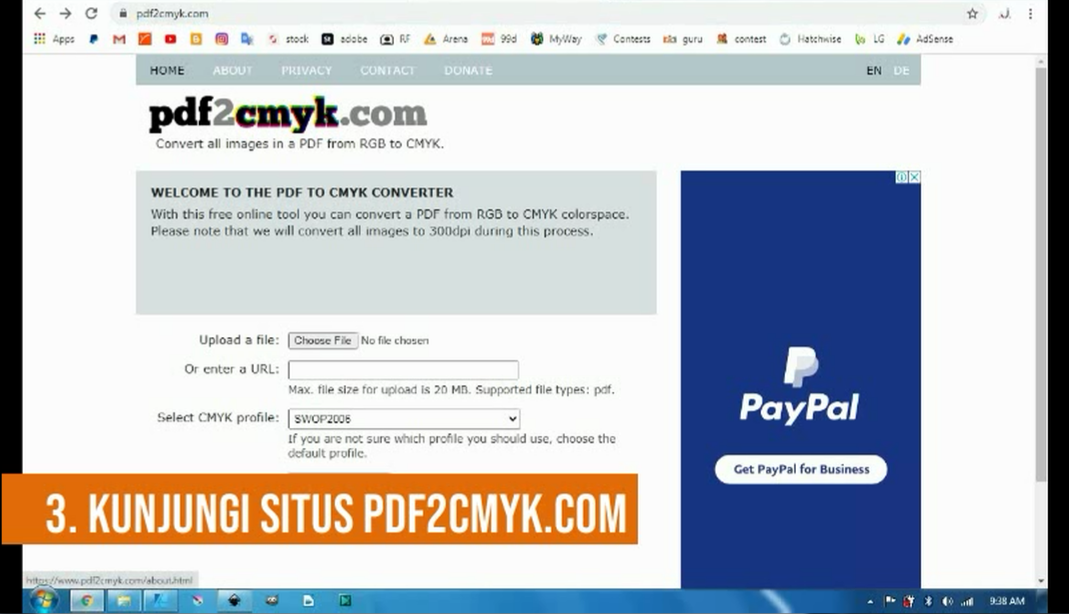There are two kinds of output intents: One includes an embedded device profile that defines the color space of the destination device, such as U.S. Web Coated (SWOP) v2; the other is a name that defines the destination color space and usually names a standard output condition. Using a named output intent rather than an embedded profile helps reduce the size of a PDF, but this is typically only. The original US Web Coated (SWOP) v2 profile has been around for a while but is slowly being replaced by the more accurate and up to date WebCoatedSWOP2006Grade3.icc and WebCoatedSWOP 2006Grade5.icc profiles. They are installed with CS4 and CS5.
An outputintent describes the final destination device you will useto reproduce the color in the PDF, such as the separations printingdevice. Output intents override working spaces during viewing andprinting, but they do not convert the colors in the PDF.
Note:
In a PDF/X1-a workflow, the output intent describes the workingCMYK space. In a PDF/X-3 workflow, the embedded ICC profile in theoutput intent is used to dynamically convert any objects with color-managedcolor to the color space of the ICC profile in the output intent.In most cases this will be CMYK, but can also be RGB or Grayscale.
There are two kinds of output intents: One includes an embeddeddevice profile that defines the color space of the destination device,such as U.S. Web Coated (SWOP) v2; the otheris a name that defines the destination color space and usually namesa standard output condition. Using a named output intent rather thanan embedded profile helps reduce the size of a PDF, but this istypically only possible for PDF/X-1a files, or PDF/X-3 files thatdo not contain color-managed color.

You include output intents when you create PDF/X (or PDF/A) files,using the Standards panel of the Adobe PDF Settingsdialog box. (You access Adobe PDF Settingsdifferently, depending on the application you’re using.) You canalso use third-party plug-ins to include output intents. For documentswith named output intents rather than embedded profiles, the programlooks for the color profile associated with the named intent.
Us Web Coated Swop V2 Procreate
Choose Tools > Print Production > Preflight. On the Output Intents tab of Preflight Preferences, do one of the following:
To create a new output intent from scratch, click the Create A New Output Intent icon .
To create an output intent based on an existing one, select an option from the list on the left, and then click the Duplicate Selected Output Intent icon . An integer is appended to the name of the duplicated output intent.

Youcan extract an embedded output intent from another PDF, and thenadd it to the list of output intents in Preflight preferences.
On the Output Intents tab of Preflight Preferences, click Capture.
- Locate the file with the embedded output intent you wantand open it.
Us Web Coated Swop V2 Profile
The output intent appears at the end of the list, witha name that indicates it was captured from a certain type of file,for example, “Captured Output Intent from PDF/Xfile.”
Choose Tools > Print Production > Preflight. On the Output Intents tab ofPreflight Preferences, select the output intent and click ExportICC Profile.
The ICC profile appears with the other ICC profiles inthe Profiles folder.
Us Web Coated Swop V2 Download
On the Output Intents tab of Preflight Preferences, select the output intent and click Delete .